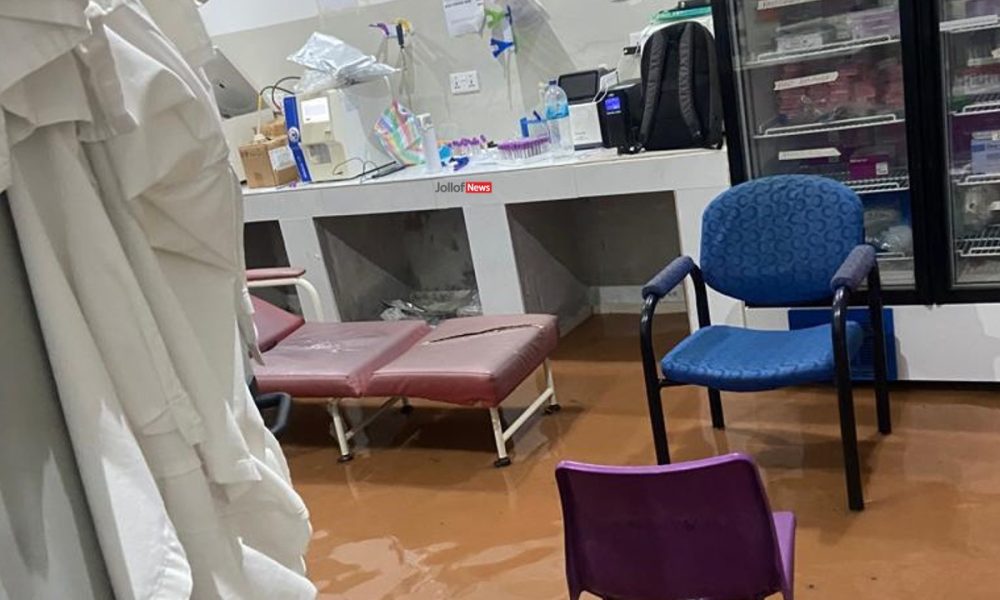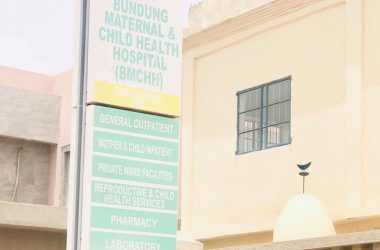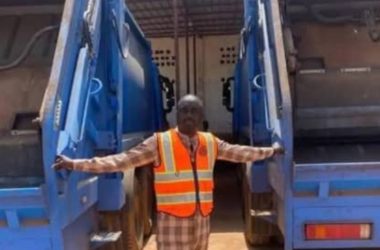Heavy rains have left Essau District Hospital struggling to stay operational after floodwaters swept through the facility on Friday, submerging parts of its outpatient department and disrupting healthcare services.
The hospital, which serves thousands in the North Bank Region, is one of the most important medical centres in the area outside Farafenni General Hospital. Located about 115km from Barra, the facility plays a critical role in providing primary and referral care to surrounding communities.
Despite undergoing recent renovations estimated at over D9 million to improve infrastructure and patient care, the hospital was unprepared for the scale of Friday’s flooding. Water surged into the hospital compound, forcing medical staff and local volunteers to scramble to protect equipment and relocate essential medical supplies to higher ground.
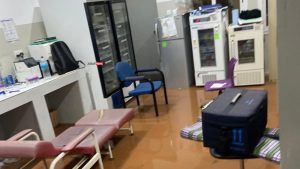
“This is a serious setback,” said one hospital staff member who asked not to be named. “We’ve just spent months upgrading this place, and now we’re back to crisis mode.”
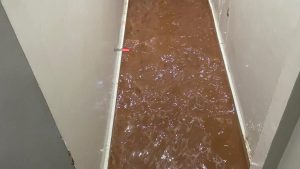
The seven-month renovation project had aimed to strengthen the hospital’s capacity and improve service delivery. But the latest flooding has raised concerns about whether climate resilience had been adequately factored into the refurbishment.
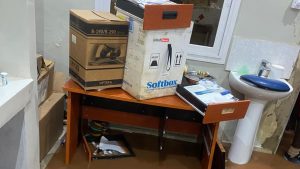
The exact extent of the damage is still being assessed, but initial reports suggest that some clinical areas have been rendered unusable. Patients were temporarily relocated, and non-emergency services have been suspended until the facility is deemed safe.
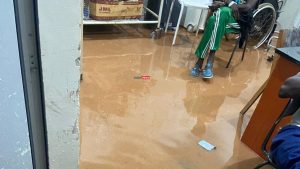
Locals responded quickly, offering support to the overwhelmed medical team. Residents helped move supplies, clean up flooded areas, and ensure patients were protected from the rising water.
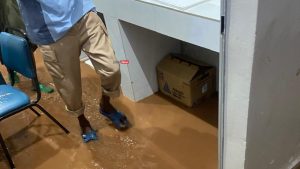
Flooding is a recurring issue in parts of The Gambia during the rainy season, often made worse by poor drainage and inadequate infrastructure. Experts have repeatedly warned that climate change will intensify such extreme weather events, putting more pressure on already strained public services like healthcare.

“This is not just about one hospital,” said a local resident. “Every year, floods affect our homes, our roads, and now our health services. We need long-term solutions.”

